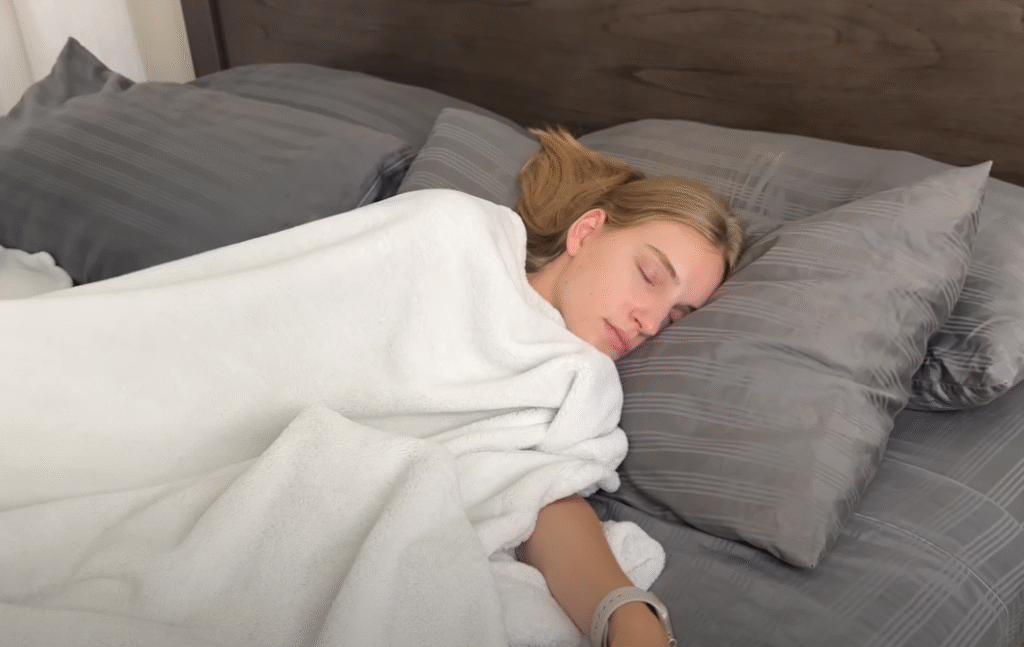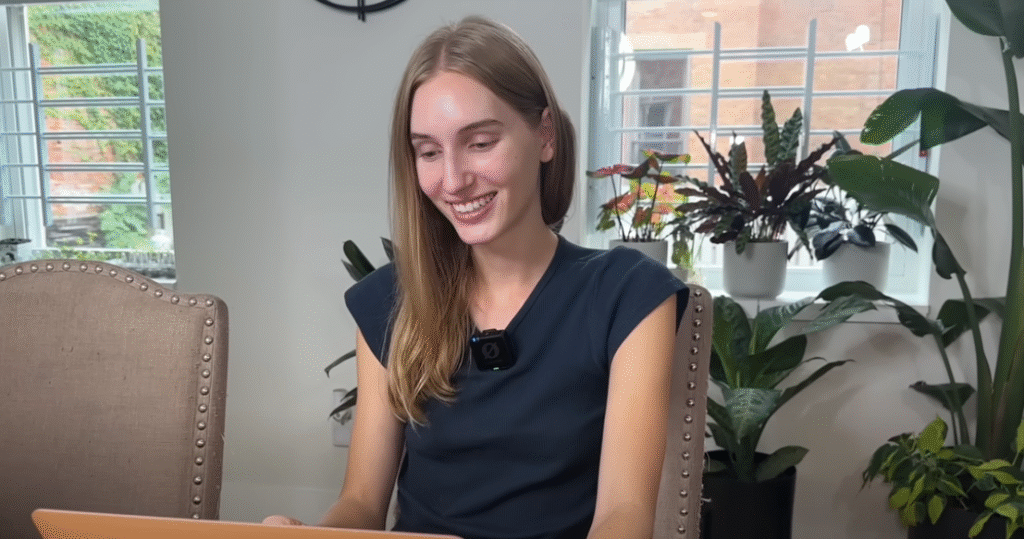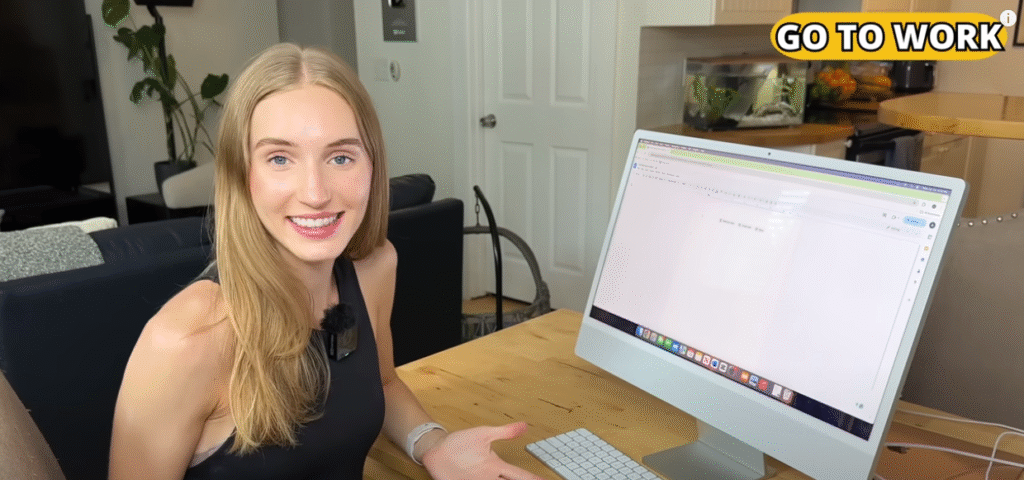Having a daily routine helps bring structure and balance to our lives. It allows us to plan ahead, manage our time effectively, and maintain healthy habits. In this essay, I will describe my daily routine in English, highlighting how I spend my mornings, afternoons, and evenings. This description not only offers insight into my lifestyle, but also helps learners of English see how they can express their own routines using common vocabulary and sentence structures.

Morning Routine
My day usually begins at 6:00 a.m. I wake up to the sound of my alarm clock ringing loudly beside my bed. At first, I feel a bit sleepy and reluctant to get up, but after a few minutes, I gather the energy to leave the comfort of my bed. I stretch for a moment, then head straight to the bathroom. I brush my teeth, wash my face, and take a quick shower to feel fresh and clean.
After finishing in the bathroom, I go to the kitchen to prepare a simple but healthy breakfast. Most mornings, I have scrambled eggs, toast, and a cup of black coffee. On some days, I like to eat oatmeal with fruits like bananas or apples. While eating breakfast, I sometimes listen to the news on the radio or watch a short video on YouTube. I believe starting the day with some information or motivation helps set the tone for a productive day.
By 7:00 a.m., I get dressed and prepare for work or school. I choose my clothes depending on the weather. If it’s a warm day, I wear a light shirt and trousers. On colder days, I wear a jacket or coat. Once I’m ready, I leave my house around 7:30 a.m. and head to my workplace or school, usually by motorbike or bus.

Afternoon Routine
My afternoon routine depends on the nature of my job or classes, but generally, I take a lunch break around 12:00 p.m. I either eat at a nearby restaurant or bring lunch from home. I usually enjoy rice with vegetables, chicken, or fish. I try to eat something nutritious to keep my energy levels up for the rest of the day.
After lunch, I return to my work or studies. In the early afternoon, I usually feel a bit sleepy, especially if I’ve eaten a big meal. To stay focused, I sometimes drink a cup of green tea or take a five-minute walk outside. My work usually involves using a computer, attending meetings, or helping others solve problems. If I’m in class, I pay close attention, take notes, and participate in discussions.
Between 3:00 and 4:00 p.m., I often take a short break. I might stretch, drink water, or chat briefly with a coworker or classmate. Then, I continue with my tasks until it’s time to finish, usually around 5:00 or 5:30 p.m.

Evening Routine
When I get home in the evening, I feel a mix of relief and satisfaction. It’s nice to relax after a long day. The first thing I usually do is change into comfortable clothes. Then, I take a few minutes to rest—maybe lying on the couch or browsing my phone. After that, I prepare dinner. I enjoy cooking, especially trying out new recipes. Sometimes I make pasta, soup, or stir-fried dishes.
I eat dinner around 6:30 or 7:00 p.m. If I’m alone, I might watch a TV show while eating. If my family is around, we eat together and talk about our day. After dinner, I clean up the kitchen and wash the dishes. I don’t like going to bed with a dirty kitchen, so I always make sure everything is tidy.
From 7:30 to 9:00 p.m., I spend time doing activities that I enjoy. Sometimes I read a book, write in my journal, or study a new topic. If I’m feeling tired, I might just watch a movie or listen to music. Occasionally, I go for a walk around my neighborhood to get some fresh air and clear my mind. I believe it’s important to wind down in the evening and avoid too much stress before bed.

Around 9:00 p.m., I begin my nighttime routine. I take a shower if I haven’t already, brush my teeth, and prepare my clothes for the next day. I try to avoid using my phone too much before bed because it makes it harder to fall asleep. Instead, I sometimes meditate for a few minutes or think about the things I’m grateful for.
By 10:00 p.m., I get into bed and turn off the lights. It takes me a few minutes to fall asleep, but once I do, I sleep deeply and peacefully. A good night’s sleep is very important to me because it gives me the energy I need for the next day.
Weekend Routine
On weekends, my routine is more flexible. I usually wake up a little later, around 7:30 or 8:00 a.m. I take my time in the morning, often enjoying a slower breakfast like pancakes or a smoothie. I use the weekends to relax, do household chores, or spend time with friends and family.
Sometimes I go shopping, visit a café, or take a short trip to the countryside. On Sunday evenings, I plan the upcoming week, write down my goals, and prepare meals if needed. I also make sure to go to bed on time so I can start Monday feeling refreshed.

Conclusion
Having a daily routine helps me stay organized and maintain a balanced lifestyle. It gives my day structure and ensures that I take care of my responsibilities while also making time for rest and enjoyment. Everyone’s routine is different depending on their lifestyle, job, or personal preferences, but having one is always helpful.
Describing my daily routine in English is also a useful exercise. It helps me practice using the present simple tense, time expressions, and common vocabulary related to daily life. Whether you’re a student, a professional, or someone learning English, talking about your daily routine is a great way to improve your speaking and writing skills.


